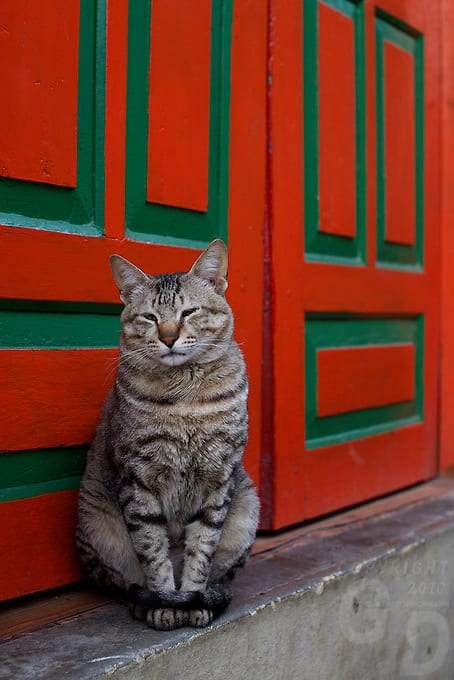Ashish Sijapati v. Boente (4th Cir, filed 2/1/17), Visa Holders Should Take Care in Travelling Abroad
This is another published immigration case out of the Fourth Circuit this week and highlights the dangers of non-citizens travelling abroad while seeking residency in the United States. Here Sijapati was found to be removable under 8 USC 237(a)(2)(A)(i) because he was convicted on December 12, 2007 of a crime involving moral turpitude that occurred more than five years after he was first admitted to the United States which occurred on January 25, 2001. The Board of Immigration Appeals (“BIA”), however, relying on its decision in Matter of Alyazji, 25 I.&N. Dec. 397 (BIA 2011), determined that Sijipati’s relevant “date of admission” was January 18, 2003, the date he was most recently admitted to the United States after taking a brief vacation abroad.
- Sijipati entered the US on a nonimmigrant L-2 visa on January 25, 2001.
- On December 31, 2002, he took a two- and-a half week vacation to Nepal (his home country), and re-entered the US on January 18, 2003 pursuant to his L-2 visa.
- On March 16, 2005, he was approved for adjustment of status as a lawful permanent resident (LPR).
- On December 12, 2007– more than five years after his initial admission, but less than 5 years after he returned from his brief vacation, he was convicted of felony embezzlement and received an 18 month suspended sentence.
The Department of Homeland Security sought his removal.
The question here involves interpreting the phrase “date of admission” in Section 237(a)(2)(A)(i). In interpreting the statute, the Court recognized it is bound by Chevron U.S.A., Inc. v. Nat. Res. Def. Council, Inc., 467 U.S. 837 (1984) (“Chevron deference”) which is to say, the Court is bound by the agency’s interpretations of its own statutes. The “Chevron inquiry” is this: First, the Court must consider “whether Congress has directly spoken to the precise question at issue.” Chevron, 467 U.S. at 842. If Congress’s intent is clear, then the inquiry comes to an end. If the statute is silent or ambiguous as to the specific issue, then the Court must determine “whether the agency’s answer is based on a permissible construction of the statute.” Id. at 843. If so, then it is to be followed. The Court concluded that Alyazi’s construction of “the date of admission” was entitled to deference.
One interesting point in this case is that, had Sijapati been a LRP at the time of his travel, his brief trip would not have factored into his “date of admission.” As the Court notes, Congress has repeatedly made the decision to treat different classes of non-citizens differently. In this context, Congress chose to provide nonimmigrants with lesser privileges than lawful permanent residents, and that’s okay. Unfortunately for Sijapati, it means that he must return to Nepal after spending the last 16 years in America.

